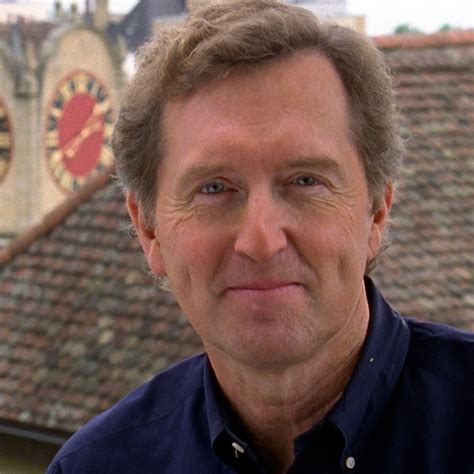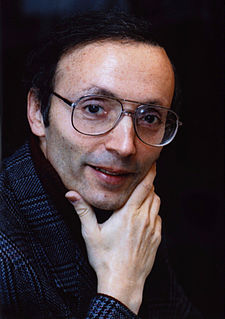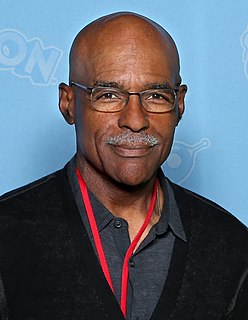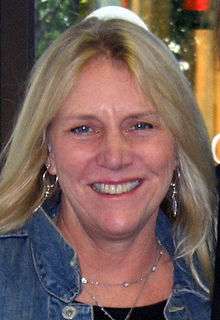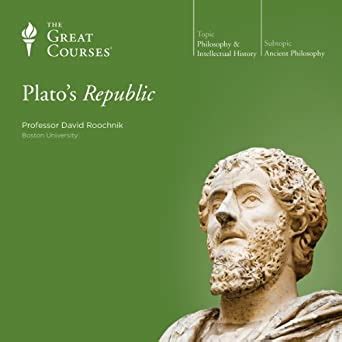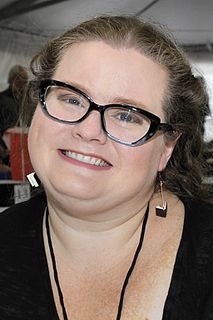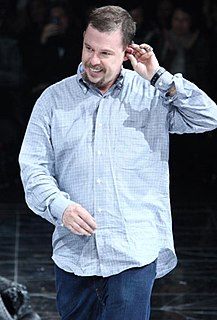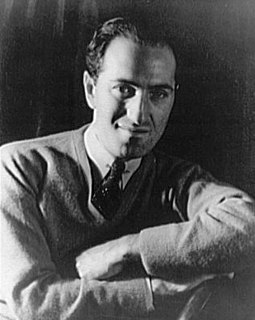A Quote by Stephen Jay Gould
Anything, even the conceptually most complex material, can be written for general audiences without any dumbing down. Of course you have to explain things carefully. This goes back to Galileo, who wrote his great books as dialogues in Italian, not as treatises in Latin. And to Darwin, who wrote The Origin of Species for general readers. I think a lot of people pick up Darwin's book and assume it must be a popular version of some technical monograph, but there is no technical monograph. That's what he wrote. So what I'm doing is part of a great humanistic tradition.
Quote Topics
Any
Anything
Assume
Audiences
Back
Book
Books
Carefully
Complex
Course
Darwin
Doing
Down
Dumbing Down
Even
Explain
General
Goes
Great
Great Book
His
Humanistic
Italian
Latin
Lot
Material
Most
Must
Origin
Origin Of Species
Part
People
Pick
Popular
Readers
Some
Species
Technical
Things
Think
Tradition
Up
Version
Without
Written
Wrote
Related Quotes
I wrote 'Yellow Submarine' for the Beatles. I wrote the screenplay for 'The Games,' about the Olympic Games. I wrote 'Love Story,' both the novel and the screenplay. I wrote 'RPM' for Stanley Kramer. Plus, I wrote two scholarly books and a 400-page translation from the Latin, and I dated June Wilkinson!
One wouldn't want to say that what makes a good writer is the number of books that the writer wrote because you could write a whole number of bad books. Books that don't work, mediocre books, or there's a whole bunch of people in the pulp tradition who have done that. They just wrote... and actually they didn't write a whole bunch of books, they just wrote one book many times.
Ron Moore. He was the guy that on our show and Deep Space Nine wrote the best Klingon episodes. He wrote great episodes in general but he wrote the best Klingon episodes. I always could tell when he was going to write a Klingon episode because he was able to grow a beard really quick and I’d see him with the beard, like a Worf-beard, and I go "Ah, Klingon episode coming up!" and he goes "Oh yeah."
When I was 20, I wrote a film on spec and sent it to the BBC. They wrote back, 'Usually, when we reject submissions, we like to offer some encouragement, but in your case, we don't see any point in you continuing.' I took it as encouragement anyway, thinking that only people who write terrible things are capable of writing great things.
I wrote a book. It sucked. I wrote nine more books. They sucked, too. Meanwhile, I read every single thing I could find on publishing and writing, went to conferences, joined professional organizations, hooked up with fellow writers in critique groups, and didn't give up. Then I wrote one more book.
The traditional view of purpose says it comes from on high, from God, from the Creator. Darwin's idea of natural selection makes people uncomfortable because it reverses the direction of tradition. Whereas people used to think of meaning coming from on high and being ordained from the top down, now we have Darwin saying, "No, all of this design can happen, all of this purpose can emerge from the bottom up without any direction at all."
I did some writing for that movie. The remake of Planet of the Apes. I didn't write the script. But I wrote some lines that they ended up... not using. ... I wrote one line. I thought it would've been perfect. I don't know if anyone saw the movie. It's the scene where the ape general comes in. And they're trying to decide if they should attack right there, or wait until a little later. And I wrote: "Man these bananas are good!" But they didn't use it. I did all of that research.
When Charles Darwin wrote The Origin Of The Species, no one could have known that the ice cap would melt, that the waters would rise and that life on earth would have to evolve in order to live beneath the sea once more or perish. We came from water and now, with the help of stem cell technology and cloning, we must go back to it to survive.When the waters rise, humanity will go back to the place from whence it came.Make no mistake, this is not sci-fi, this is evolution
Let's find and remedy all our weaknesses before our enemies get a chance to say a word. That is what Charles Darwin did. ...When Darwin completed the manuscript of his immortal book "The Origin Of Species" he realized that the publication of his revolutionary concept of creation would rock the intellectual and religious worlds. So he became his own critic and spent another 15 years checking his data, challenging his reasoning, and criticizing his conclusions.
Gershwin's melodic gift was phenomenal. His songs contain the essence of New York in the 1920s and have deservedly become classics of their kind, part of the 20th-century folk-song tradition in the sense that they are popular music which has been spread by oral tradition (for many must have sung a Gershwin song without having any idea who wrote it).

